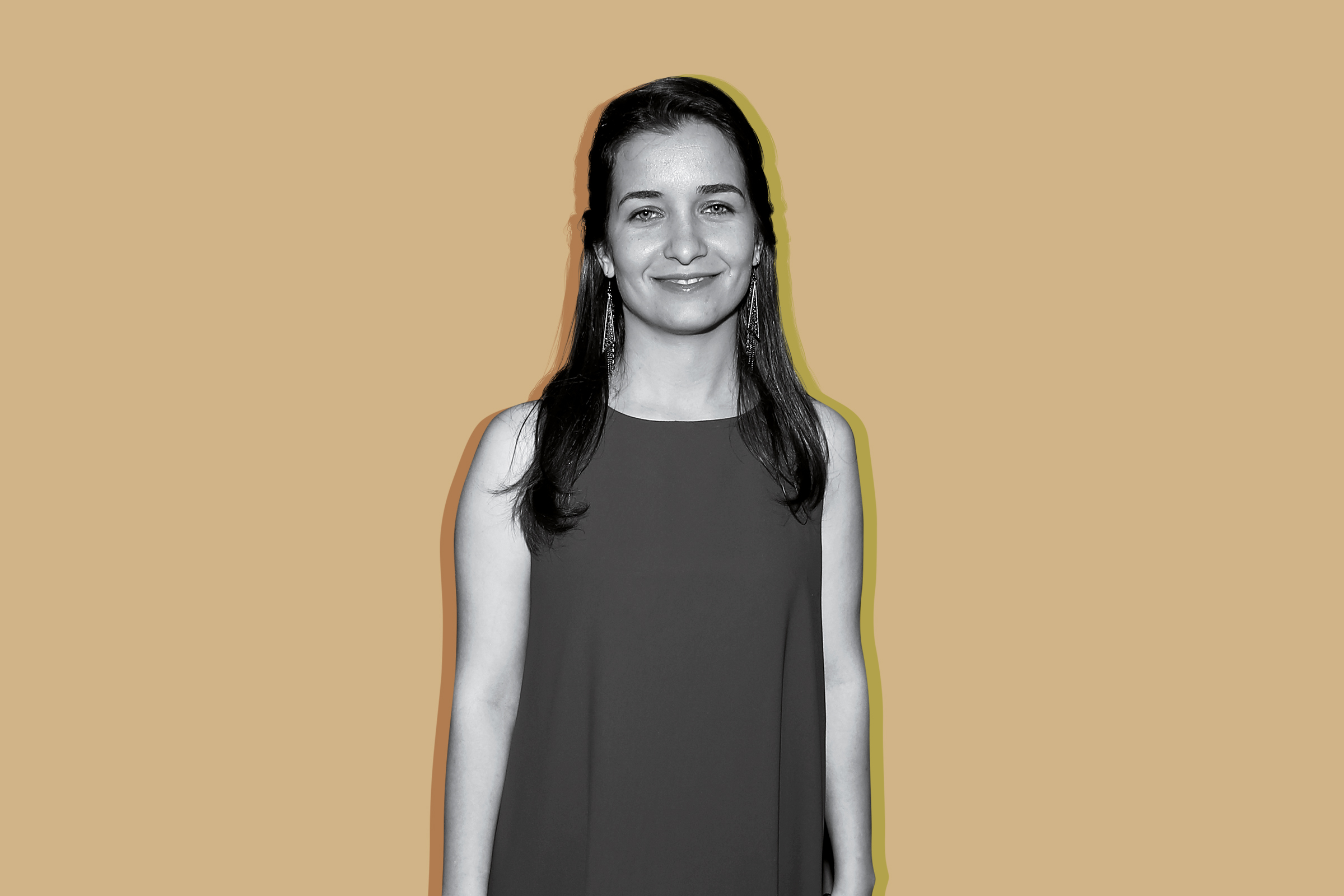
Syrian documentary filmmaker Waad al-Kateab tells TIME about the making of her Oscar-nominated film ‘For Sama.’
Your documentary has been nominated for an Oscar, and won a BAFTA for best documentary. Did you expect this reaction when making the film?
We were working on the film for two years, and we were told by so many people that no one would come to watch a Syrian film, that people are tired of Syria and want more entertaining subjects. We have been overwhelmed by reactions from people all over the world, and I couldn’t believe that we were nominated for an Oscar. It makes me proud and grateful for everyone who supported me.
We see the war in Syria develop through your eyes. You were an economics student at the time. Why did you start filming on your phone in 2011?
To be very honest, the only thing that came to my mind was how important it was to capture anything. During the first two years when the demonstrations in Aleppo were peaceful, we were just trying to do our roles as protesters. We were just trying to organize ourselves as a movement and trying to build evidence, because at that time the regime was denying everything that was happening.
How did the people around you react to your filming?
In 2013, I started filming daily life. My friends were kind of annoyed by the camera at the time, and they didn’t really understand why I was going out to film a massacre, or film them eating or having a nice time. They would tell me to stop.
What changed?
I lost my best friends, Gaith and Omar. It gave us the feeling that we didn’t know when we would be killed. After Gaith was killed, we were all sitting together and I showed everyone the footage I had. Since then, no one told me not to film. We really believed that this was the only way to tell the story because we never thought that we would make it out.
Your footage archive spanned 500 hours and was filmed from 2011 to 2016. Was it a conscious decision to jump back and forth in time in For Sama?
If it was truly chronological, it wasn’t going to reflect the experience at all. We wanted people to understand that there was a reason for all the hard decisions we took, and it was because of hope, love and great moments that we lived through and shared with the people of Aleppo. The flashbacks give an understanding of what we went through.
You gave birth to your daughter Sama in 2016. What do you think is the impact of viewing conflict through the eyes of women?
I lived through that situation. I was a mother and I was one of that community, so I really understood and could see all the details of that life. The way that the film started, just with one person with no equipment, shows that it was a journey over five years, with many struggles. If I knew that I was going to survive, I wouldn’t film some of the things that I did, or speak to some of the people in the way I did.
You play several roles in this film: journalist, volunteer, parent. Was it difficult to balance those responsibilities?
There was no balance. Day by day, I was just trying to do everything I could, for my daughter, for my husband, for myself, for the filming and the situation. There’s so much of my footage that I won’t use for media, but for evidence of crimes.
What do you hope people take away from For Sama?
My story finished three years ago when I left [for the U.K.] with my family. We survived and we are safe, but there are more than 3 million people still in Syria suffering from the same circumstances. I hope people join our action campaign against the bombing of hospitals and stand in solidarity with Syria.
More Must-Reads from TIME
- Breaking Down the 2024 Election Calendar
- How Nayib Bukele’s ‘Iron Fist’ Has Transformed El Salvador
- What if Ultra-Processed Foods Aren’t as Bad as You Think?
- How Ukraine Beat Russia in the Battle of the Black Sea
- Long COVID Looks Different in Kids
- How Project 2025 Would Jeopardize Americans’ Health
- What a $129 Frying Pan Says About America’s Eating Habits
- The 32 Most Anticipated Books of Fall 2024
Contact us at letters@time.com